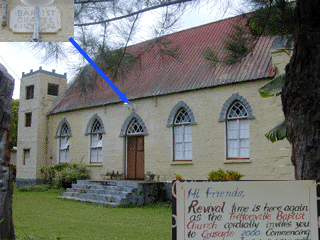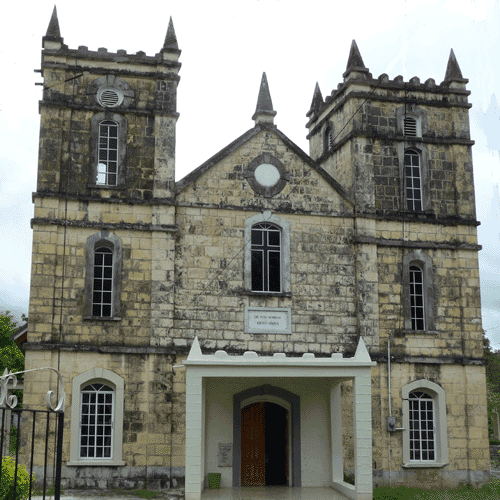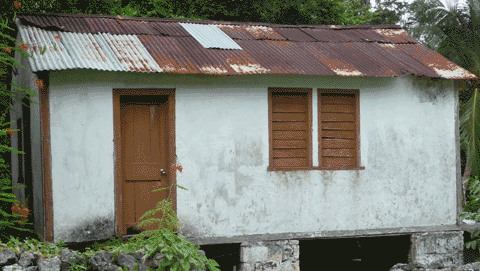STORY:
The Baptists were not the first of the non-conformist, religious groups to come to Jamaica but they were likely the most influential during the emancipation struggle and during the post-Emancipation period. By 1824 there were five Baptist stations. The first step in the emancipation process was the abolition of the slave trade in 1807 after a long fight by William Wilberforce who was to move his resolution for the abolition of the slave trade year after year from 1792 to 1807. One of the key players in Trelawny was the Baptist, Rev. William Knibb: he was born on 8th Sept 1803 in Kettering, Northampton, England and came to Jamaica as a teacher of slaves in Kingston (at the East Queen Street Baptist Church premises) in 1825 after the death of his brother Thomas. He was subsequently ordained and transferred to Savannah la Mar in 1827 to take charge of the Ridgeland Baptist Church and then moved to Falmouth in 1830.
MARKET APPEAL:
The Baptists are an important component of post-Emancipation story of Cockpit Country communities.
RESOURCES:
Besides the many Baptist churches around Cockpit Country, we should not forget the numerous Prayer Houses which remind us of the early spread of Christianity when Phillippo (1843) says “the first work of converts is to add to their clusters of cottages a house for God.... Here an individual of their own colour, duly authorised by the Minister to whose church he belongs ... holds a prayer or class meeting two or three times in the week”.




